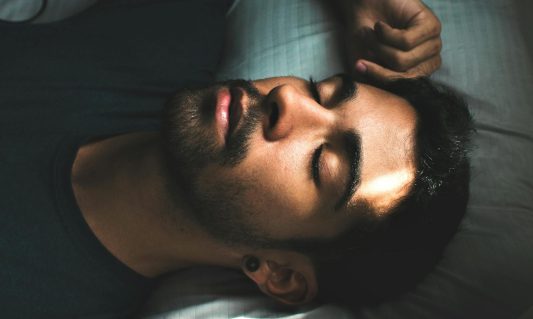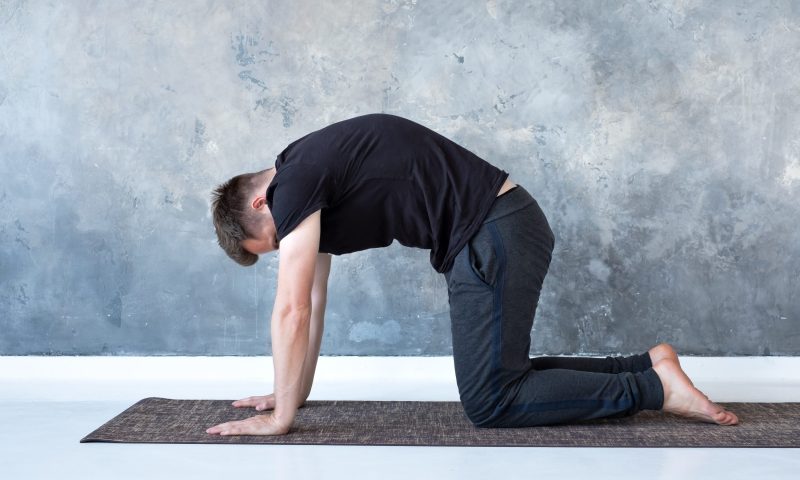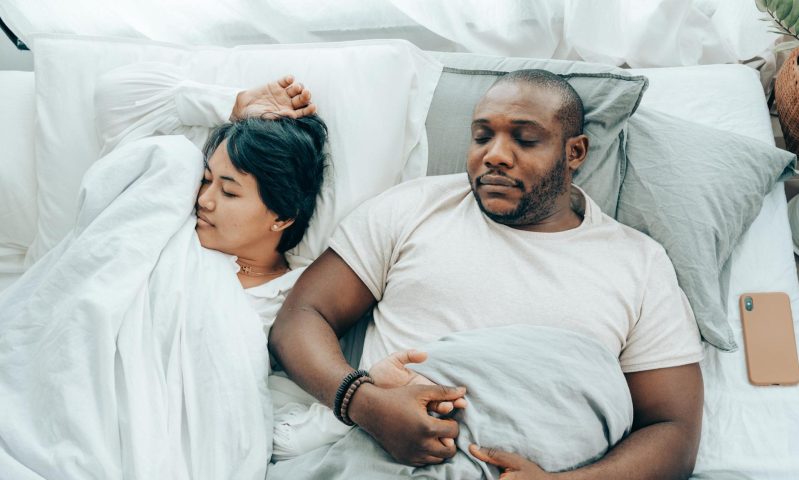Without a full night’s sleep, there’s no way I can perform at my best. If it’s a particularly bad night of sleep, I end up dragging myself through the day feeling groggy, and my productivity drops as a result. We all know we need to sleep — and so many of us are tracking our sleep these days. The American Academy of Sleep Medicine and the Sleep Research Society recommend getting a minimum of 7 hours of sleep per night. Even so, more than a quarter of American adults aren’t meeting these recommendations.
Insomnia is a sleep condition characterized by difficulty falling and staying asleep, or issues getting sufficient restful sleep. In a recent study, researchers explored which exercises can help reduce the symptoms of insomnia, and the results are just as I would expect. For example, last night I completed a 30-minute full-body stretch yoga session, and I definitely slept better. My spine also felt better immediately after. Let’s check out the latest research.
The study

In a systematic review and network meta-analysis published in The British Medical Journal, researchers examined 22 studies involving 1,348 patients with insomnia. The goal was to determine the effectiveness of various exercise interventions in improving sleep quality and reducing the severity of insomnia. The exercise interventions were:
- Yoga
- Tai Chi
- Walking or jogging
- Aerobic plus strength exercise
- Strength training alone
- Aerobic exercise combined with therapy
- Mixed aerobic exercises
The researchers measured sleep outcomes using the Pittsburgh Sleep Quality Index (PSQI), the Insomnia Severity Index (ISI), sleep diaries, and combined objective sleep measures, such as polysomnography or actigraphy, along with other validated tools.
The results

The researchers concluded that yoga, tai chi, walking, jogging, and other gentle physical activities or movements can help reduce symptoms of insomnia. They found that cognitive behavioral therapy, as well as a combination of aerobic activities such as cycling and jogging, can also improve sleep, total sleep time, and the time it takes to fall into a restful sleep. A combo of cardio activities helped people fall asleep half an hour quicker.
These exercises helped people sleep better throughout the night and wake up less frequently. The researchers went so far as to say that exercise could be even more helpful than cognitive behavioral therapy in some cases.
The power of yoga

Yoga resulted in the largest increase in total sleep time at 110 minutes, as well as improving sleep efficiency.
The takeaway

With all of the other proven benefits of exercise and moving your muscles, it makes sense that it can also improve sleep quality, especially gentler forms of exercise like yoga and tai chi. In this large meta-analysis, the researchers determined that yoga, tai chi, and walking or jogging were the most effective of all the exercises when it comes to improving sleep for those with insomnia.




